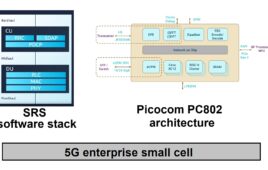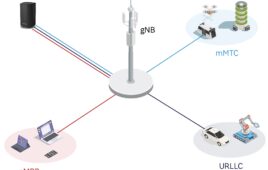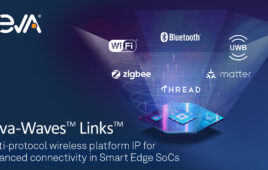It seems Ericsson is trying to head off a high profile patent dispute a la Qualcomm and Apple by making its 5G patent licensing plans public right out of the gate.
In an interview with Bloomberg, Ericsson’s Chief Intellectual Property Officer Gustav Brismark said the company is planning to set a per-phone royalties cap for its 5G technologies that will range from $2.50 for lower-tier handsets to $5 for premium devices. Brismark said the company hopes that publicly setting reasonable prices will give other patent holders and companies looking to license the technology a reference point.
The rates come as part of Ericsson’s commitment to “fair, reasonable, and non-discriminatory” (FRAND) licensing terms as one of the developers of standards-essential technology and its desire to avoid a patent blow out like the current dispute between industry giants Qualcomm and Apple.
In January, Apple filed a $1 billion patent royalty lawsuit against Qualcomm, alleging the latter has been charging exorbitant fees for “technologies they have nothing to do with.” Qualcomm has called the Apple’s complaint “baseless.”
Qualcomm is also facing accusations from the Federal Trade Commission that its sales and licensing practices “hamper Qualcomm’s competitors and threaten innovation in mobile communications.”
According to Ericsson’s annual report, Intellectual Property Rights (IPR) revenues of 10 billion Swedish Krona in 2016 accounted for 7 percent of company revenues.
Last year, Ericsson indicated its IPR revenues were mainly from handset suppliers. Though the company already has agreements with some of the largest smartphone suppliers, Ericsson said it’s trying to sign more licensing agreements with Chinese suppliers, who are increasing their presence in the market. The company also noted it expects its licensing customer base to grow to also include suppliers of Internet of Things-connected devices.
To the latter point, Ericsson in September was one of the companies behind the launch of Avanci, a new one-stop platform offering flat-rate prices for standards-essential patents related to 2G, 3G, and 4G cellular technologies for IoT devices.



